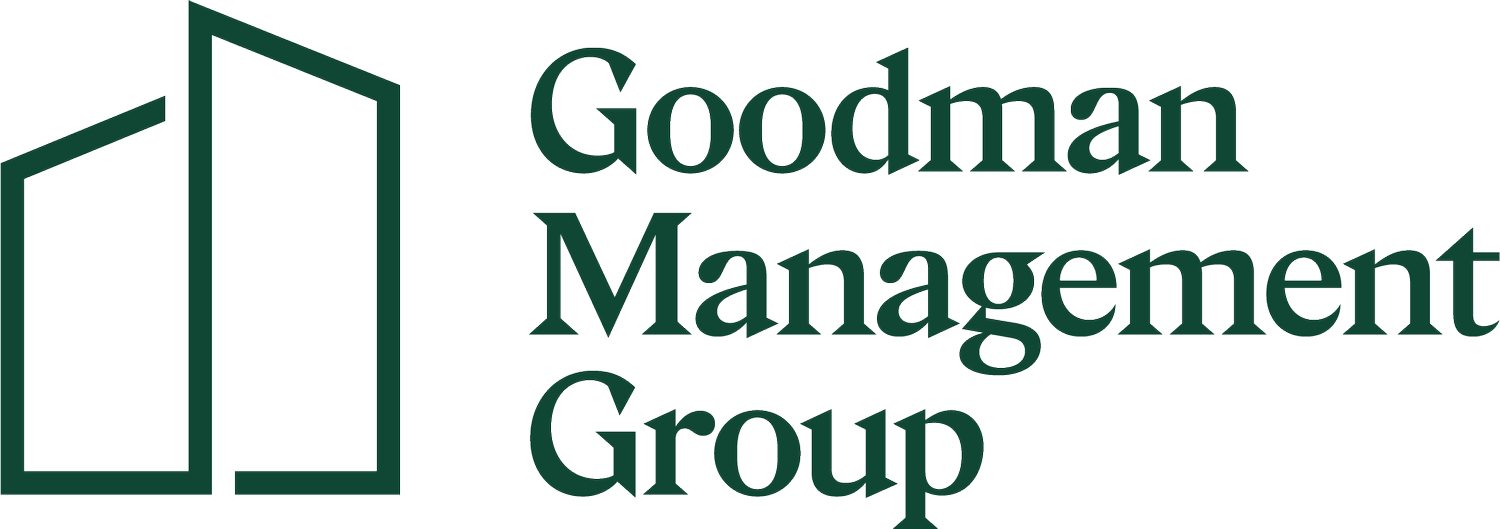Behind the Scenes: How HOA Board of Directors Shape Communities
So, what exactly does an HOA Board do?
Here are a few critical aspects of their responsibilities:
As seasoned community managers who spend lots of time working with homeowner associations (HOAs), we see first-hand exactly how important their role is in managing residential communities. How effective these boards can be, however, depends upon the commitment and guidance of the board members.
1. Governance and Decision-Making: The primary responsibility of the HOA Board of Directors is to govern the community effectively. This involves making informed decisions on behalf of all homeowners while adhering to the governing documents and local regulations. By creating and updating community guidelines, the Board can help maintain the harmonious coexistence of residents, which in turn can uphold and increase property values.
2. Financial Management: A well-functioning Board should be proficient in financial management. It is essential to prepare and maintain an annual budget that accounts for all revenue and expenses. Careful financial planning ensures that the association can adequately maintain common areas, fund necessary repairs, build reserves for maintenance and replacement projects and be prepared for emergencies.
3. Enforcement of Rules and Covenants: Maintaining community aesthetics, safety and harmony falls within the purview of the HOA Board. By enforcing rules and covenants consistently and fairly, the Board ensures a high quality of life for all residents. From architectural standards to pet policies, these guidelines are designed to protect the interests of the entire community.
4. Maintenance and Repairs: Preserving community assets, such as common areas, clubhouses, and recreational facilities, requires proactive planning and efficient execution. The Board should take an active role in overseeing maintenance, organizing repairs, and securing appropriate service contracts to ensure the longevity of community amenities.
5. Engaging and Communicating with Residents: An effective Board actively engages with homeowners to understand their concerns, ideas, and feedback. Transparent and open communication builds trust within the community, fostering a sense of ownership and cooperation. Regular newsletters, community events and digital platforms are valuable tools for maintaining clear and constructive communication.
6. Legal and Insurance Matters: Navigating legal matters and securing adequate insurance coverage is crucial for the protection of the community and its residents. The Board should engage insurance brokers and legal counsel that are experienced and specialize in offering services to HOAs.
7. Future Planning and Vision: Looking ahead is an essential trait of a proactive Board. By identifying the community’s long-term goals, the Board can develop a strategic plan that aligns with the aspirations and needs of its residents. Long-term planning facilitates sustainable growth, financial stability, and an overall thriving community.
8. Technology: Embracing technology is crucial in modern HOA management. From online voting systems to digital record-keeping, technology streamlines operations, enhances transparency, and improves communication within the community.
A capable and committed Board of Directors is the cornerstone of a successful Homeowners Association. We have witnessed the impact of dedicated Board members who diligently work towards the betterment of their communities. Effective governance, fiscal responsibility, adherence to rules, resident engagement and forward-thinking are the pillars that uphold the values and well-being of a thriving homeowners association.
That being said, these responsibilities can become burdensome for a board of volunteer residents. Finding members who have expertise or proficiency in all of these areas is challenging. That’s why in many cases, communities may benefit from professional management involvement.
A professional community management company can take the burden of the more technical, tedious, and time-consuming tasks off the board and allow them to focus on representing and supporting their neighbors.
If your association is interested in learning more about Goodman Management Group and how we can partner with your Board in managing the responsibilities of your association and achieving the goals of your community, please don’t hesitate to contact us today.

